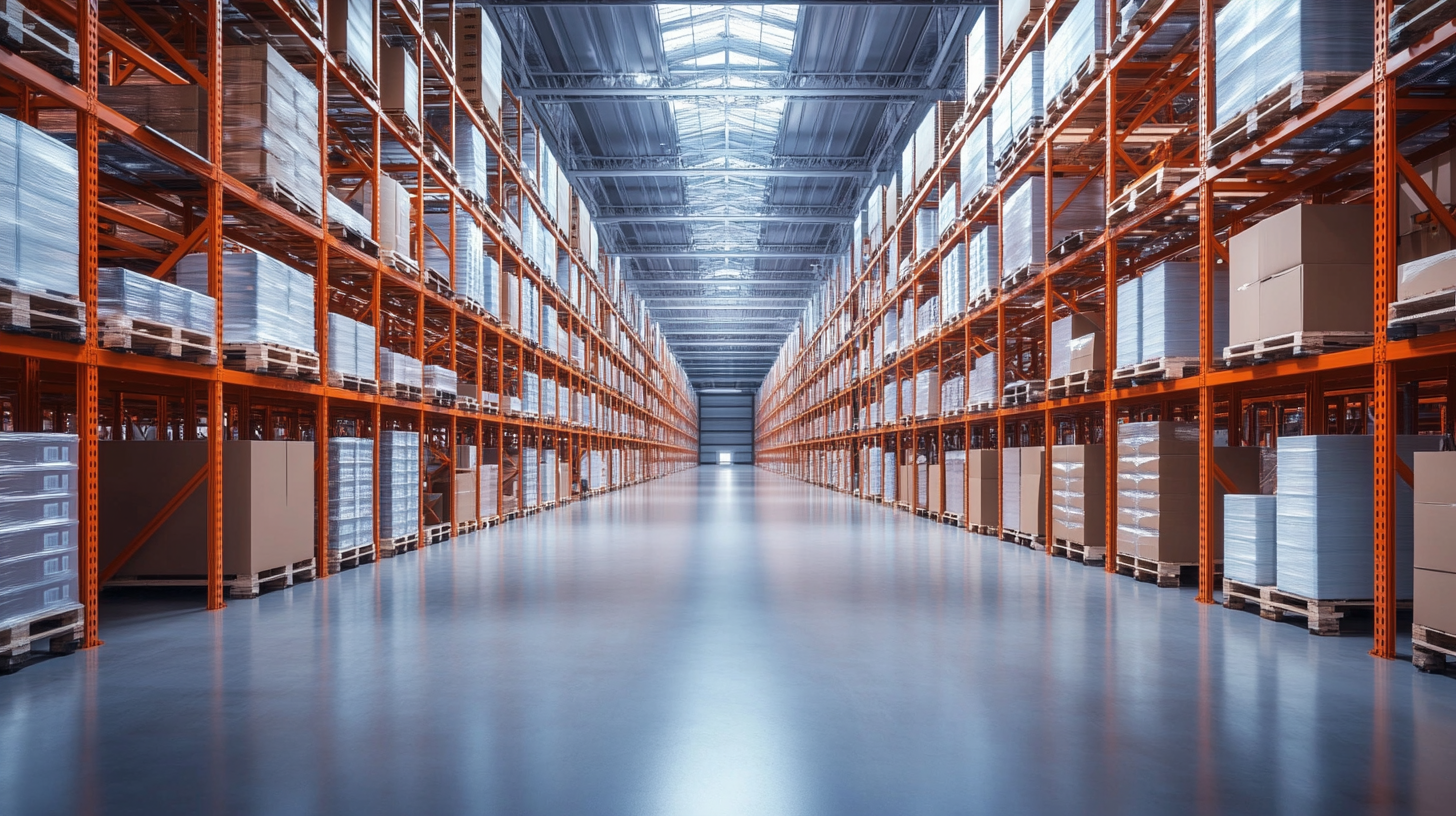
Unveiling the Top Best Suppliers in 2023 Through Real World Examples
In the dynamic landscape of 2023, selecting the right suppliers can significantly impact a company's operational efficiency and market competitiveness. According to a recent report by the Supply Chain Management Review, nearly 70% of organizations consider supplier collaboration crucial for innovation and cost reduction. As industries increasingly pivot towards digital transformation, businesses must adopt a strategic approach to identify and leverage top suppliers who not only meet stringent technical specifications but also align with their long-term goals.

This blog will delve into real-world examples and detailed technical parameters of the best suppliers across various sectors, providing actionable insights on how to evaluate and engage with them effectively. In an era where supplier relationships are becoming as pivotal as customer ones, understanding these dynamics is essential for sustained growth and success.
Understanding the Importance of Quality Manufacturers in Today's Market
In today’s rapidly evolving market, the importance of quality manufacturers cannot be overstated. As consumers become more discerning, the demand for high-quality products that stand the test of time is at an all-time high. Reliable suppliers not only ensure the durability and functionality of their products but also play a crucial role in building brand reputation and customer loyalty. Companies that partner with esteemed manufacturers are often able to leverage superior materials and advanced technologies, fostering an environment of innovation and excellence.

Furthermore, quality manufacturers help businesses navigate a complex supply chain landscape fraught with challenges. They forge strong partnerships that not only facilitate consistency in product quality but also streamline production processes. By mitigating risks such as delays and defects, these suppliers enable companies to maintain a competitive edge. Ultimately, in an age where consumer trust is paramount, choosing the right manufacturers is a strategic decision that influences a company’s standing in the market and its future growth trajectory.
Key Criteria for Evaluating Potential Suppliers Effectively
When evaluating potential suppliers, it's essential to establish clear criteria that reflect your organization's specific needs and values. First and foremost, assess the supplier's reliability and track record. This can be achieved by examining their history with previous clients, their capacity to meet deadlines, and their commitment to quality standards. A reliable supplier not only delivers on time but also maintains consistent product quality, avoiding disruptions in your supply chain.
Another critical criterion is the supplier's financial stability. It's important to partner with suppliers who have a solid financial foundation, as this minimizes the risk of sudden closures or inability to fulfill orders. Conducting financial assessments, such as reviewing credit scores and financial statements, can provide insights into their stability and longevity.
Additionally, consider their innovation capabilities. Suppliers who invest in research and development are often better positioned to adapt to market changes and provide products that meet evolving consumer demands. By considering these factors, companies can make informed decisions that foster successful and lasting supplier relationships.
Real World Examples of Top Suppliers Leading the Industry
In today's rapidly evolving market, identifying top suppliers is essential for ensuring quality and reliability in your supply chain. Companies like Amazon and Alibaba not only dominate the e-commerce landscape but also set benchmarks in supplier efficiency and customer satisfaction. For example, Amazon's use of advanced AI and analytics to streamline operations has made it a leading supplier in logistics, showcasing the importance of technological integration in supply chain management.
When assessing suppliers, consider implementing a scorecard system that evaluates performance based on criteria such as delivery speed, product quality, and responsiveness. This approach can highlight which suppliers excel in specific areas. Additionally, building strong relationships with suppliers can foster collaboration and innovation, enhancing overall performance.
Another excellent example is Toyota, which has mastered just-in-time manufacturing, reducing waste and increasing efficiency. Their commitment to quality and continuous improvement underscores the need for adaptability in supplier relationships. Engaging with suppliers who prioritize sustainability and ethical practices can also position your business as a leader in corporate responsibility, appealing to a growing base of conscious consumers.
How to Build Strong Relationships with Your Chosen Manufacturers
Building strong relationships with your chosen manufacturers is crucial for ensuring a successful supply chain. A solid partnership not only enhances communication but also fosters trust and reliability. To create this synergy, begin by establishing clear and open lines of communication. Regular updates and feedback sessions can help both parties stay aligned on expectations and goals.
One effective tip is to prioritize face-to-face meetings, whether in person or via video calls. This personal touch can significantly strengthen your bond and provide an opportunity to address any potential issues directly. Additionally, consider involving your manufacturers in the development process of new products. This collaboration not only showcases their expertise but also makes them feel valued and integral to your business.
Another important aspect is to ensure fair and timely payments. Establishing a reliable payment schedule helps manufacturers maintain their operations and reinforces your commitment to the partnership. By recognizing their efforts through timely compensation, you foster loyalty and encourage them to prioritize your orders. By implementing these strategies, you can build a harmonious relationship that benefits both parties in the long run.

Spotlight on Innovative Practices that Define Leading Suppliers in 2023
In 2023, leading suppliers are increasingly defined by their innovative practices that not only enhance their operations but also contribute to a more sustainable future. According to a recent report by McKinsey, 60% of top suppliers are now implementing advanced technologies such as AI and IoT to streamline their supply chains. These technologies enable real-time tracking and inventory management, drastically reducing waste and improving overall efficiency. For instance, companies like Siemens are leveraging predictive analytics to forecast demand accurately, ensuring they maintain optimal stock levels and reduce excess inventory costs.
Moreover, a focus on sustainability is becoming a hallmark of today’s top suppliers. The World Economic Forum highlighted that 75% of leading suppliers are incorporating eco-friendly practices into their supply chains, driven by consumer demand for greener products. Companies like Unilever have adopted circular economy principles, aiming to make all of their plastic packaging recyclable or reusable by 2025. This shift not only improves their brand image but also aligns with the growing global emphasis on environmental responsibility. As these innovative practices continue to reshape the supplier landscape, it’s clear that adaptability and sustainability will remain crucial for success in the coming years.
